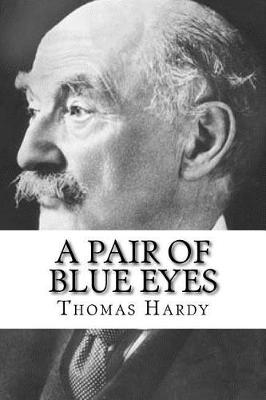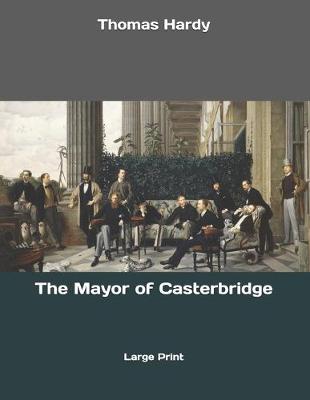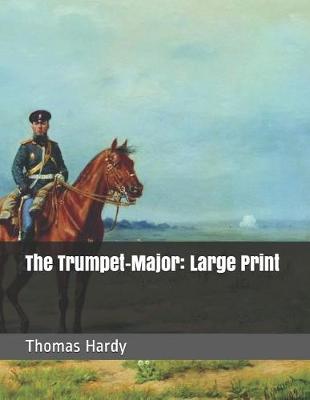Hardy New Wessex Editions
4 primary works
Book 1
This novel is of special interest because of the strong autobiographical parallels between the characters and circumstances of Stephen Smith and Elfride Swancourt and those of Hardy and his first wife Emma Gifford. This was the third of Hardy's novels to be published and the first to bear his name.
Book 1
This is a reproduction of a book published before 1923. This book may have occasional imperfections such as missing or blurred pages, poor pictures, errant marks, etc. that were either part of the original artifact, or were introduced by the scanning process. We believe this work is culturally important, and despite the imperfections, have elected to bring it back into print as part of our continuing commitment to the preservation of printed works worldwide. We appreciate your understanding of the imperfections in the preservation process, and hope you enjoy this valuable book.
Book 1
This is the novel that was Hardy's own favorite "as a story." It appears here for the first time critically edited, in a text based on the manuscript but incorporating Hardy's later revisions.
Book 1
This historic book may have numerous typos and missing text. Purchasers can download a free scanned copy of the original book (without typos) from the publisher. Not indexed. Not illustrated. 1880 edition. Excerpt: ...these unfortunate days. He might have gone to Weymouth every afternoon, stood before Gloucester Lodge till the King and Queen came out, held his hat in his hand, and enjoyed their Majesties' smiles at his homage all for nothing--watched the picketmounting, heard the different bands strike up, observed the staff; and, above all, have seen the pretty Weymouth girls go trip-trip-trip along the Esplanade, deliberately fixing their innocent eyes on the distant sea, the gray cliffs, and the sky, and accidentally on the soldiers and himself. "I'll raze out her image," he said. "She shall make a fool of me no more." And his resolve resulted in conduct which had elements of real greatness. He went back to his father, whom he found in the mill-loft. "Tis true, father, what you say," he observed; "my brains will turn to bilge-water if I think of her much longer. By the oath of a--navigator, I wish I could sigh less and laugh more. Gad, she's gone. Why can't I let her go, and be happy? But how begin?" "Take it careless, my son," said the miller, "and lay yourself out to enjoy snacks and cordials." "Ah--that's a thought!" said Bob. "Baccy is good for't. So is sperrits. Though I don't advise thee to drink neat." "Baccy--I'd almost forgot it!" said Captain Loveday. He went to his room, hastily untied the package of tobacco that he had brought home, and began to make use of it in his own way, calling to David for a bottle of the old household mead that had lain in the cellar these eleven years. He was discovered by his father threequarters of an hour later as a half-invisible object behind a cloud of smoke. The miller drew a breath of relief. "Why, Bob," he said, "I thought the house was a-fire!" "I'm smoking rather fast to drown my reflections, father. Tis no...



